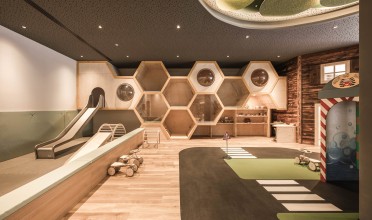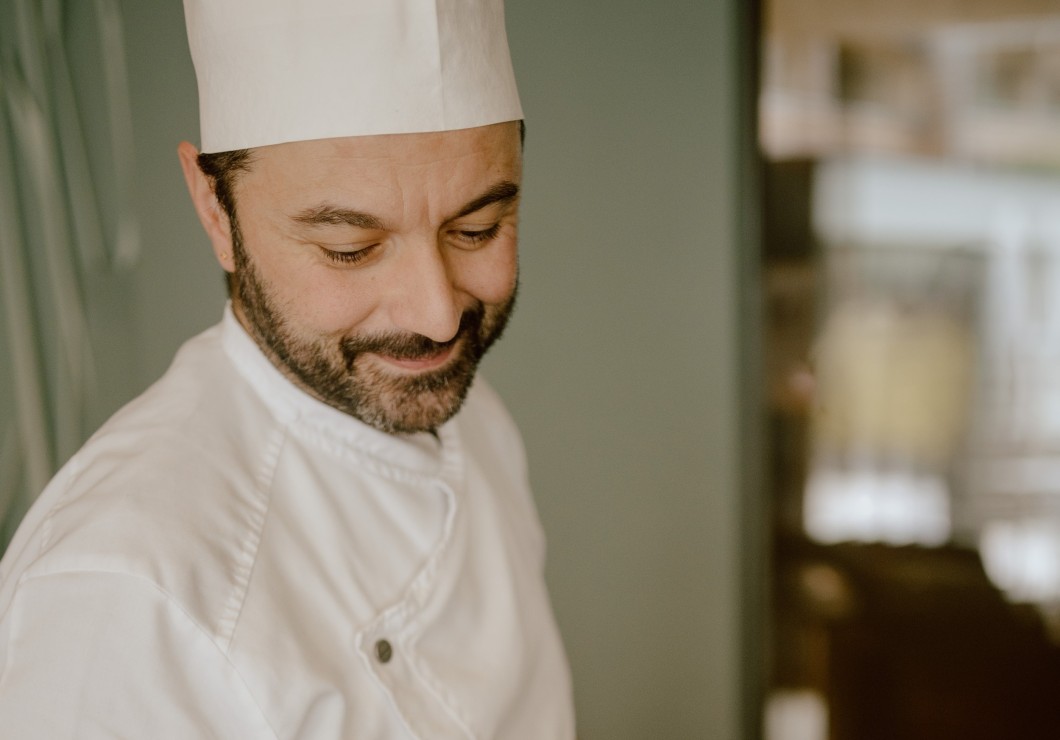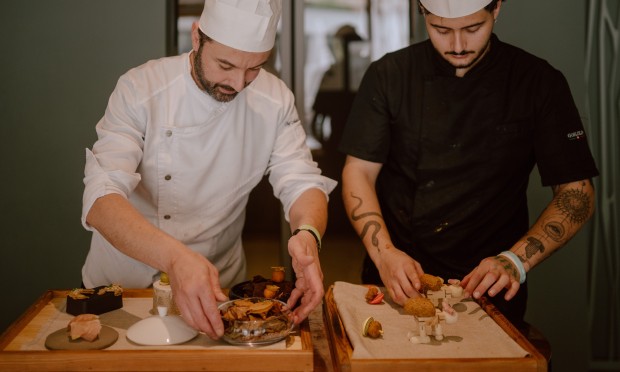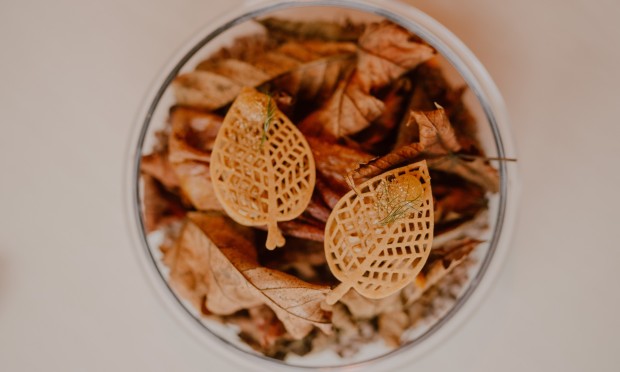Why did you become a chef? What does cooking mean to you? How did it all begin?
“When I finished school, I often spent time with my aunts, who were excellent cooks. They baked cakes, made pasta, and prepared all sorts of things, and I helped them.
Cooking, for me, is my way of breaking free – and above all, it’s the satisfaction I feel when I prepare something for someone who truly appreciates it. That brings me joy.
In the beginning, it was all about the feedback I got when trying new things. As a child, I came home and did little ‘experiments’ with food. Step by step, I found my own way.
Even today, I’ve never felt like I’ve ‘arrived’. I still want to discover new things, learn more, and I never feel finished. That constant curiosity is what drives me every day to create new dishes.”








